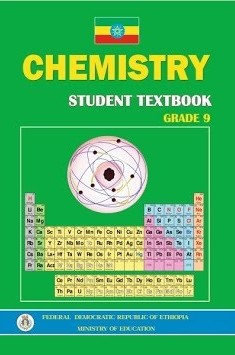Are History Aspects Related to the Periodic Table Considered in Ethiopian Secondary School Chemistry Textbooks?

Published 2019-12-06
Keywords
- history and philosophy science (HPS),
- chemistry textbooks,
- Ethiopian secondary school,
- periodic table,
- evaluation
How to Cite
Abstract
The aim of this study is to evaluate Ethiopian secondary school chemistry textbooks with respect to presentation of HPS related aspects of the periodic table. We focus on how the textbooks approached the periodic table as a conceptual tool for organizing the chemical elements, and understanding their properties. For this purpose, three grade 9 chemistry textbooks (introduced in the last two decades by the Ministry of Education of Ethiopia) were selected. We conducted the evaluation qualitatively using an adopted version of a five-point criterion developed based on a HPS framework. Our evaluation revealed that that only one of the three textbooks addressed just only one of the five HPS aspects of the periodic table satisfactorily, while in the other two textbooks all the five aspects are generally ignored. It is concluded that most HPS related aspects of the periodic table are missed from Ethiopian secondary school chemistry textbooks, and a few aspects which are covered by the textbooks are not properly presented which implies that the concepts of „how science evolves? and „tentative nature of science? are not appropriately addressed by the textbooks which in turn may have damaging consequences on the students? chemistry/science interest as well as on their understanding and performance in the subject.




